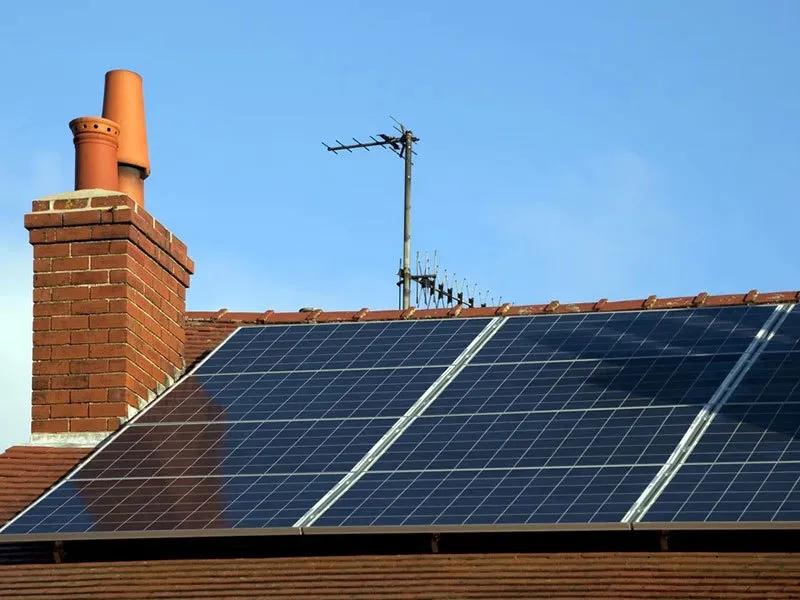Exploring the Benefits of 300 Watt Solar Panels for Sustainable Energy Solutions
Understanding 300 Watt Solar Panels A Sustainable Energy Solution
In recent years, the push for renewable energy sources has gained momentum, with solar power taking center stage as a prominent and practical alternative to traditional fossil fuels. Among the various options available, 300-watt solar panels have emerged as a popular choice for both residential and commercial applications. This article explores the characteristics, benefits, and considerations of utilizing 300-watt solar panels for your energy needs.
What is a 300 Watt Solar Panel?
A 300-watt solar panel is designed to convert sunlight into electricity, capable of producing up to 300 watts of power under optimal sunlight conditions. The output of solar panels is typically measured in watts, and 300-watt panels are known for their efficiency and versatility. These panels are composed of photovoltaic (PV) cells, which are usually made from silicon, a widely used material in the solar industry.
Key Features of 300 Watt Solar Panels
1. Efficiency 300-watt solar panels generally offer an efficiency rating between 18% to 22%. This means that a significant portion of sunlight that hits the panel is converted into usable electricity, making them an effective choice for both small and large-scale solar energy systems.
2. Size and Weight Most 300-watt panels are designed to be compact and lightweight, typically measuring around 65 inches by 39 inches. This size makes them suitable for various applications, from residential rooftops to commercial installations.
3. Durability With a lifespan of 25 years or more, high-quality solar panels are built to withstand harsh weather conditions, including hail, heavy winds, and extreme temperatures. Many manufacturers offer warranties that guarantee performance over the lifespan of the panel.
Benefits of 300 Watt Solar Panels
1. Cost-Effective Energy Production 300-watt panels represent a balance of size and output, making them a cost-effective choice for homeowners and businesses looking to reduce their electricity bills. While the initial investment in solar technology can be significant, the long-term savings on energy costs and government incentives can lead to a favorable return on investment.
300 watt solar panel

2. Environmental Impact By harnessing solar energy, users can dramatically reduce their carbon footprint. Solar panels generate clean, renewable energy, which helps decrease reliance on fossil fuels and mitigate climate change.
3. Energy Independence Installing a solar panel system gives homeowners and businesses greater control over their energy consumption. This independence from the utility grid can be particularly advantageous during power outages or energy price fluctuations.
4. Increased Property Value Properties equipped with solar energy systems often see a significant increase in value. Potential buyers are frequently attracted to homes with solar panels due to the promise of lower utility bills and a commitment to sustainability.
Considerations When Choosing 300 Watt Solar Panels
While 300-watt solar panels offer numerous benefits, there are some factors to consider
1. Space Requirements To maximize energy production, an adequate amount of roof or ground space is necessary. Homeowners should ensure that their chosen installation area receives sufficient sunlight throughout the day.
2. Local Regulations Before installation, it's essential to research local regulations and permit requirements. Some jurisdictions have specific guidelines regarding solar energy systems and grid connections.
3. Efficiency Needs Depending on your energy consumption patterns, you may need to assess if a 300-watt panel meets your energy demands. It may be beneficial to consult with a solar energy specialist to determine the optimal system size for your requirements.
Conclusion
300-watt solar panels represent an intelligent and sustainable investment for anyone looking to embrace renewable energy. With their efficient design, durability, and environmental benefits, they contribute not only to individual energy savings but also to a broader commitment to sustainability. As the world continues to prioritize green energy solutions, the adoption of solar technology will play a crucial role in shaping a more sustainable future. Whether you are a homeowner, business leader, or environmental advocate, considering a 300-watt solar panel system can be a significant step toward energy independence and environmental responsibility.
-
Unlocking Energy Freedom with the Off Grid Solar InverterNewsJun.06,2025
-
Unlock More Solar Power with a High-Efficiency Bifacial Solar PanelNewsJun.06,2025
-
Power Your Future with High-Efficiency Monocrystalline Solar PanelsNewsJun.06,2025
-
Next-Gen Solar Power Starts with Micro Solar InvertersNewsJun.06,2025
-
Harnessing Peak Efficiency with the On Grid Solar InverterNewsJun.06,2025
-
Discover Unmatched Efficiency with the Latest String Solar InverterNewsJun.06,2025







